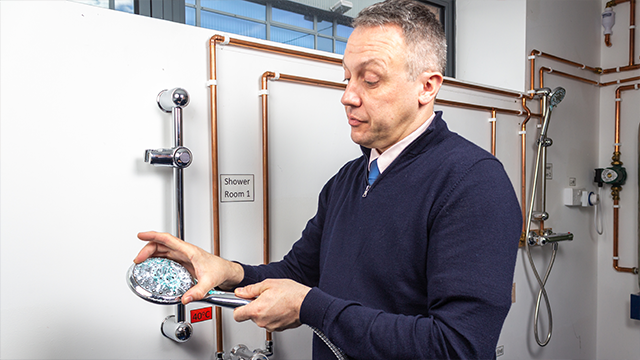- Do you offer legionella testing and laboratory analysis services?
Absolutely, Halpin & Hayward laboratory services provide specialized test and evaluation of waters for the presence of legionella testing as well as other waterborne pathogens in order to assist the management of environmental risks that we employ to help our commercial, industrial, non-profit and government clients across the globe.
Our expert microbiology and laboratory services are run under strict quality control and accreditation of laboratories standards to ensure the accuracy and reliability of our services … legionella testing
2. Do you provide legionella logbooks or digital logbook programs?
Absolutely, Halpin & Hayward LegionellaSafe is a state-of-the advanced user-friendly legionella risk management logbook software that provides substantial management and regulatory compliance, as well as safety costs and performance.
LegionellaSafe was designed as an alternative to the paper-based legionella logbook. It is suitable for any organization that is responsible for managing and monitoring of the risks that are associated with legionella or other pathogenic microorganisms that are found in constructed water systems that span multi-site or single sites … Legionella Logbook Software

3. Do you offer water-hygiene services?
Absolutely, Halpin & Hayward professional water hygiene service team offers an array of system disinfection as well as planned preventive maintenance programs developed to stop and limit the growth of pathogenic micro-organisms like Legionella within water supply systems as well as storage facilities.

4. Do you conduct legionella risk assessments?
Absolutely, Halpin & Hayward teams of highly experienced legionella risk control experts offer impartial and expert guidance on how to prevent and management of legionella exposure in all water systems that are engineered including cold and hot cooling systems, water cooling towers, as well as sophisticated and unique water systems. … legionella risk assessment
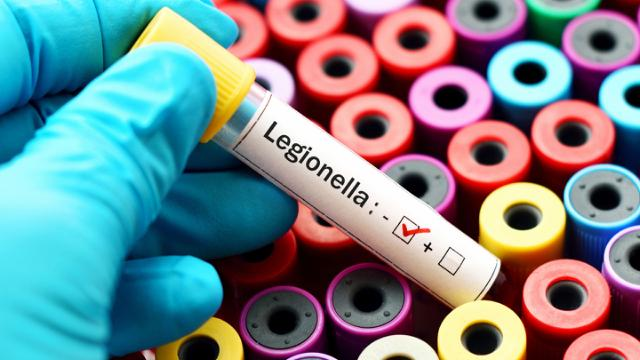
5. Do you provide legionella education and awareness?
Indeed, Halpin & Hayward offer an array of legionella testing awareness and training workshops, and practical training workshops … legionella awareness training

6. Do you provide legionella risk management services?
Yes. Although it’s impossible to ensure that pathogenic microorganisms like Legionella are not present within a water system by proactive management and efficient program for controlling it is feasible to significantly reduce the causes that permit these bacteria to multiply … Legionella risk management

7. Who is able to be named to be the person to test or supervise legionella?
The testing of water quality can be performed by a service provider for example, an water treatment firm as well as a consultant or the operator, provided that they are properly trained and properly monitored. The kind of test needed is based on the type of the water used in the system. HSG274 Legionnaires’ Disease Technical guidance offers additional information on cooling systems that evaporate as well as hot and cold water systems.

8. When should I schedule an assessment of the legionella risk assessment?
HSE does not provide specific guidelines for how often risks assessments must be conducted. The most effective timescales will differ dependent on the type of company, the type of your facility, and the danger they present. Our highly skilled and knowledgeable legionella testing Ireland team can provide advice based on your facility along with your water network.

9. How often should Legionella checks be carried out?
It’s dependent on the system you’re using and the result from your Legionella Risk Assessment. For open systems like cooling tower treatment, spa pools and evaporative condensers etc., routine testing should be conducted at least once every three months.
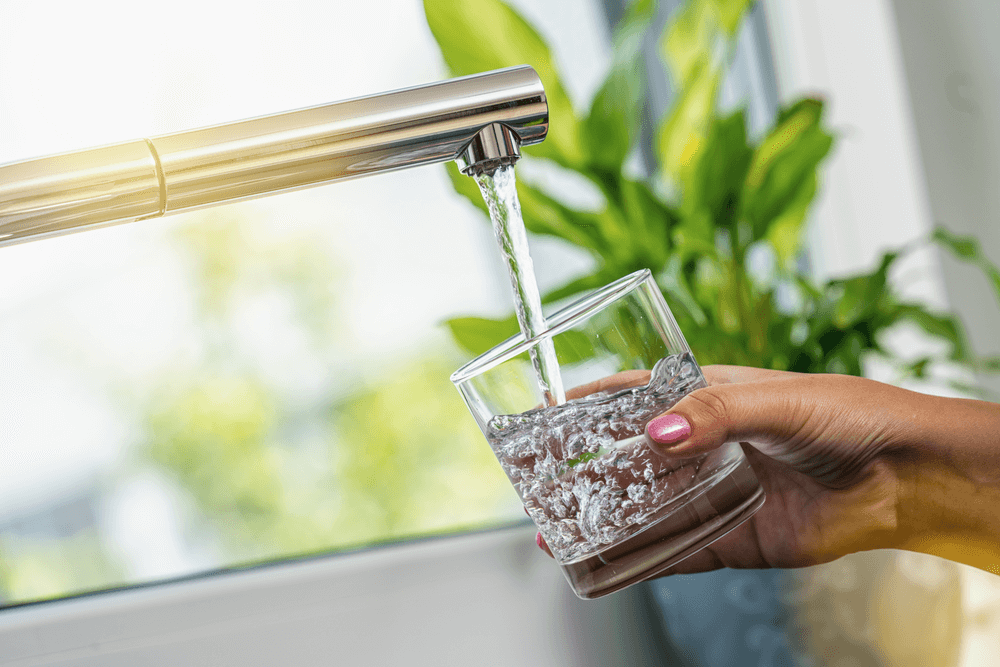
10. How do you carry out a Legionella test?
A Legionella test involves review of your current records as well as an examination of prior assessments to make sure that all recommendations for repairs or maintenance have been implemented. The Legionella risk assessment is an enumeration of two steps.

11. How long are Legionella tests valid for?
Legionella risk assessment must be reviewed at least once every two years, but it states that the risk assessment must be an evolving document, which should be reviewed regularly to make sure it’s up-to-date.

12. How often should you check water temperature of Legionella?
You should identify’sentinel outlet (furthest as well as closest to the cylinder or tank) to check monthly the distribution temperature. Also, you should be sure to check temperatures of hot water storage tanks each month, and the cold water tank temperature at minimum once every 6 months.
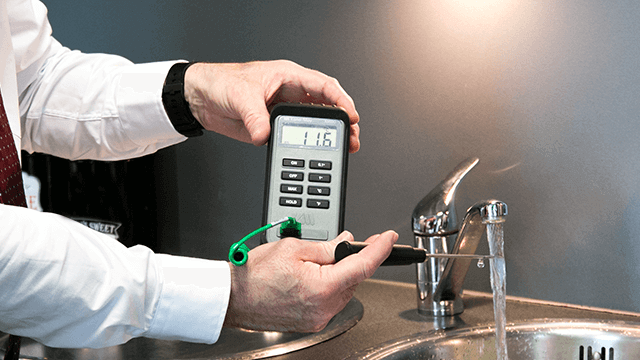
13. How do you get legionella bacteria?
Legionella bacteria, which causes Legionnaires disease, is found naturally in freshwater environments like streams and lakes. The low levels of the bacteria found in freshwater do not result in the development of disease. But, Legionella can pose a health risk when it enters into water softener of buildings.
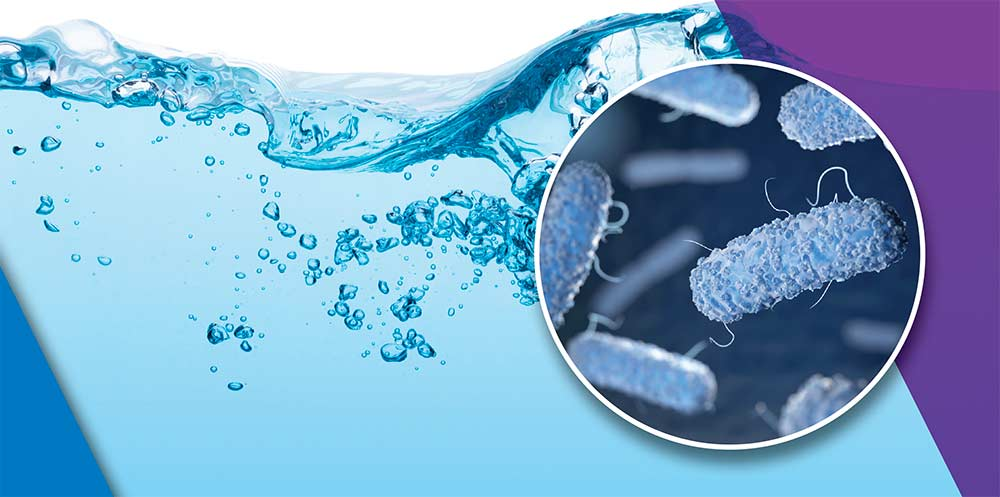
14. What causes legionella bacteria in water?
The majority of people contract the disease when they breathe in microscopic droplets that are contaminated with legionella bacteria. It could be from the water treatment of a shower or faucet or the water that comes that is a result of the air ventilation within an enormous building. The causes of outbreaks are hot tubs and the whirlpools.

15. Where can legionella bacteria be found?
The bacteria Legionella pneumophila and its related bacteria are prevalent in water sources that are natural, such as lakes, rivers and reservoirs, however they are generally in smaller quantities. They can also be located in specially-built water treatment dosing systems like cooling towers, condensers that evaporate cold and hot water systems , and spa pools.
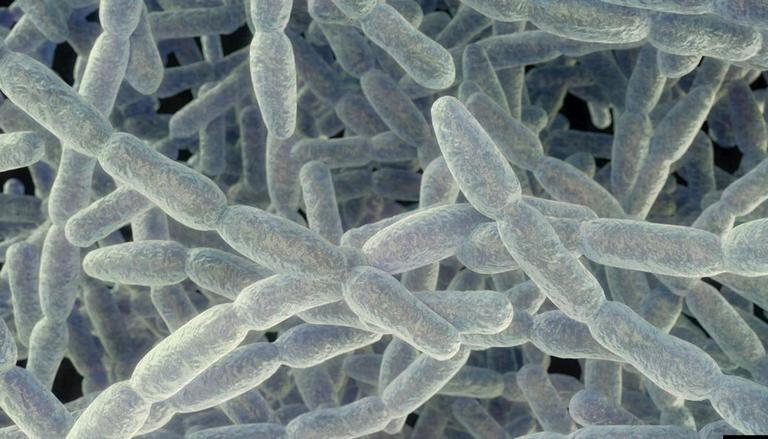
16. How serious is Legionella?
Legionella bacteria can trigger a severe form of pneumonia (lung infection) known as Legionnaires”disease. Legionella bacteria may also trigger a less serious disease known as Pontiac fever.

17. How do you prevent Legionella in water?
Stagnant water favours Legionella growth. To decrease the risk of Legionella, you must remove dead legs or dead ends from pipework or flush out the infrequently frequented outlets (including taps and showerheads) at least once a week and wash and de-scale shower heads as well as hoses at minimum every quarter.
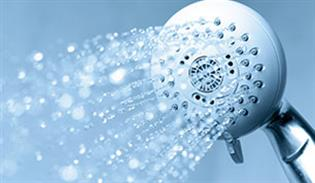
18. How often should you run water to prevent Legionella?
In general it is recommended that flushing be done every week at a minimum to lower the risk from Legionella and other growth of bacterial. However, in certain populations at risk like healthcare facilities and care homes Legionella Risk assessments may suggest the need for frequent flushing, i.e. twice weekly.
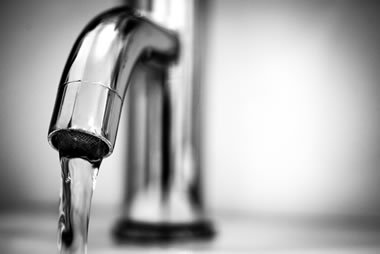
19. What kills Legionella?
Legionella bacteria is tough however it’s not difficult to eradicate. If you work with a knowledgeable Legionella compliance specialist and water treatment expert you can devise a plan to cleanse the water system of Legionella and keep Legionella from appearing in the near future.
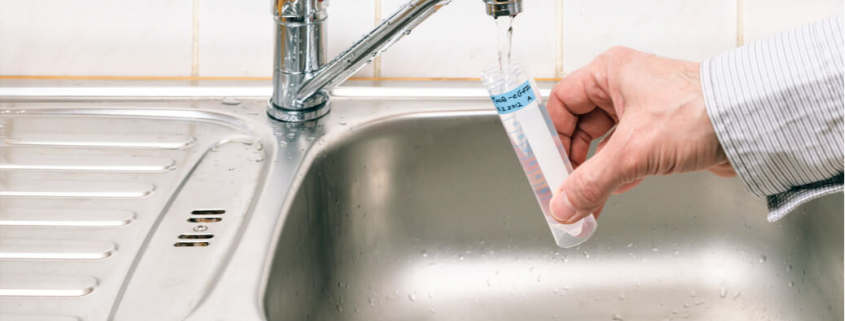
20. How often should you run a shower to prevent Legionella?
It should be done at least every other week to ensure that stagnant conditions in the water treatment system are kept out of the water and reduce the risk of the growth on the bacterial count.” Legionella is transmitted by breathing as vapour. This is why showers pose particularly risky.
